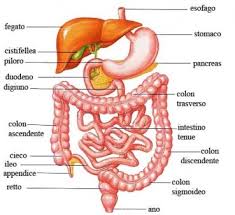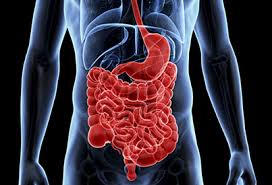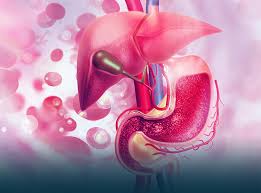Pawar Hospital Pune is the one of the best & leading gastroenterology hospital in India. We have a dedicated Gastroenterologist to manage the various diseases of the digestive and hepato-biliary systems in kids and adults. Our gastroenterology surgeon provides the high level of Medical and Surgical care. We use modern and state-of-the-art equipment and intensive care units.
What is Gastroenterology?

It is the branch of medical science specially focused on the disorders of digestive system. Gastroenterology involves diseases of the esophagus, stomach, small intestine, colon and rectum, pancreas, gallbladder, bile ducts and liver. Hepatology, or hepatobiliary medicine is a sub-Specialty of Gastroenterology. The physicians practicing in this field are called Gastroenterologists.
Types of Diseases and Disorders in Digestive System
This speciality includes the medical and surgical treatment of various diseases such as:
- Crohn disease
- Celiac disease
- Cholera
- Jaundice
- Gastroenteritis
- Gastroesophageal reflux (heartburn)
- Dysentery
- Appendicitis
- Colon polyps
- Gastrointestinal cancer
- Cirrhosis of the liver
- Peptic ulcer disease
- Colitis
- Gallbladder and biliary tract disease
- Nutritional problems
- Irritable Bowel Syndrome (IBS),
- Pancreatitis, etc.
Symptoms of Gastroenterological Diseases
Following symptoms are common in the patient suffering from gastroenterological diseases.
- Heartburn
- Indigestion
- Bloating
- Constipation
- Abdominal pain and cramps
- Excess gas and Bloating
- Diarrhea
- Nausea and Vomiting
Gastrointestinal Treatments: Types and Procedures

At Pawar hospital our gastroenterology physicians perform broad range of treatments and procedures, including:
- Colonoscopy: The method detects the large and small intestines. It detects the ulcers, polyps, tumors, and areas of bleeding or inflammation in the colon.
- Endoscopy Surgery: The technique detects the defects of the upper gastrointestinal tract (i.e. the esophagus, stomach, and duodenum).
- Upper GI Video Endoscopy: It is the most common endoscopic procedure used to diagnose and treat problems in upper GI (gastrointestinal) tract.
- Capsule Endoscopy: It is a procedure that records inside images of the gastrointestinal tract for medical diagnosis. The capsule is similar in shape to standard pharmaceutical medicine, although a little larger, and contains a tiny camera and an array of LEDs powered by a battery.
- ERCP: : It is a method that connects the upper gastrointestinal (GI) endoscopy and x-rays to tackle problems of the bile and pancreatic ducts.
- Percutaneous Gastrostomy: It is an endoscopic medical procedure. In which expert pass the PEG tube into a patient's stomach within the abdominal wall when oral intake is not adequate.
Why Choose Us
Following are the benefits of having gastroenterology care and procedures at our hospital.

- We have modern operation theatres aided with advanced, diagnostic and treatment equipment.
- We have experienced, and skilled gastroenterologists who are available round the clock to give you quick relief.
- We have modular O.T. with advanced diagnostic and treatment facilities. We pride to deliver unparalleled services with high quality for your health problem.
- We try to provide the affordable and customized treatments according to patient’s health.
- We ensure to provide the greatest comfort to our patients and allow deep sedation with rapid recovery and fewer side effects.
Pre Treatment Instructions
- Before performing any tests, procedures or surgeries it is necessary to empty your stomach or intestines.
- Do not eat or drink juice or nectar that contains pulp of tomato, orange
- Do not eat food rich in fiber before procedure
- Drink only clear liquids like water, fat-free broth, fruit juice
- Stop drinking liquids 4 hours before your reporting time
Post Treatment care to be taken
- Take pain relieving medications as per prescribed.
- Do not drive vehicle or operate any machinery for the first few hours after surgery.
- Use ice packs to control inflammation.
- Follow the instructions given by your physician.
- Take proper rest for few days after surgery.
- Keep the surgical area clean and dry to promote quick healing.
- Eat healthy and drink much water.





